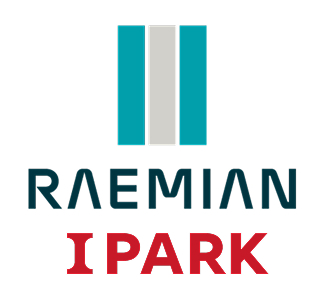초호화 커뮤니티!
동래 래미안 아이파크
고품격 커뮤니티 센터













동래 래미안 아이파크 상담예약
전문상담사가 3분 이내로 연락 드리겠습니다.




위치: 부산광역시 동래구 온천동 1853
규모: 지하 4층~지상 35층, 32개동, 총 3,853세대
준공일: 2022년 6월 14일
시공사: 삼성물산(주), 현대산업개발(주)
주차대수: 4,283대(세대당 1.11대)
공급 세대
29타입(구 14평형): 120세대
49타입(구 23평형): 80세대
동래 래미안 아이파크 민간임대
시행: 온천2구역주택재개발정비사업조합
시공: 삼성물산, 현대산업개발
홈페이지 관리: 주식회사 어썸디앤씨
사업자번호:504-88-02245
광고문의:1566-9094
이메일: kjw1050@naver.com
© 2025 동래 래미안 아이파크 all right reserve.
Arrow-alt-circle-down
Arrow-alt-circle-left
Arrow-alt-circle-right
Arrow-alt-circle-up
Bookmark
Building
Calendar-check
Check-circle
Check-square
Circle
File
Clock
Envelope
Caret-square-down
Caret-square-left
Caret-square-right
Caret-square-up
Grin
Grin-beam
Hdd
Map
Hourglass
Align-justify
WordPress



